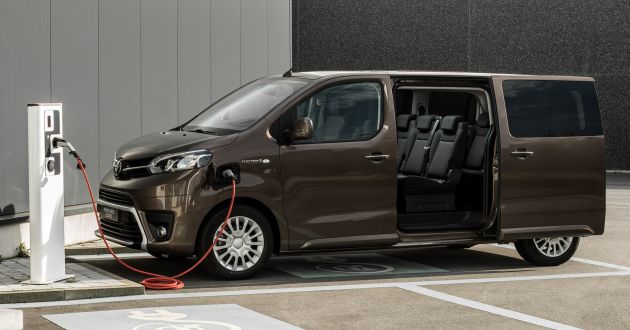An effort to develop local battery technology for electric vehicles (EV) and renewable energy industries in the Philippines will receive over 142 million pesos (RM12.2 million) in funding over the next three years. Called the Centre for Advanced Batteries, this initiative will be lead by the Technological Institute of the Philippines (TIP) in collaboration with the University of the Philippines-Diliman (UPD).
Further to this, the Philippine Department of Science and Technology (DOST) approved the establishment of seven centres under the Science for Change Program (S4CP) with a budget of over 540 million pesos (RM46.47 million) to promote research and innovation in outlying areas and in increase the country’s industrial competitiveness in the region, reports inqmobility.com, a section of the Philippine Daily Inquirer.
The Centre for Advanced Batteries will receive the lion’s share of funding, with the rest ear marked for research into areas such as vector diseases, sustainable polymers, water infrastructure, climate change, disaster risk management and coastal engineering. For the battery project, the aim is to optimise and lower costs through the use of nickel and iron, abundant resources in Malaysia’s ASEAN neighbour.
Kicking off research is an initial project on Advanced Cathode Materials for next-generation batteries. This will be followed by research into Renewed Edison Batteries (REBCell) which aims to increase the performance of traditional battery technology by increasing energy and power densities.
Asked about the feasibility of establishing a local EV battery industry, Ferdinand Raquelsantos, chair emeritus of the Electric Vehicle Association of the Philippines (eVAP) and president of Electric Vehicle Owners Society said there were several attempts at battery manufacturing in the Philippines but were unable to be realised due to a pending EV law.
The post Philippines to develop home grown batteries for EVs appeared first on Paul Tan's Automotive News.



0 Comments